Defying criticisms, Japan begins releasing radioactive Fukushima water
Japan has begun releasing radioactive treated water from the crippled Fukushima Daiichi nuclear power plant into the Pacific Ocean, amid widespread opposition to the move by regional countries, particularly China.
Tokyo Electric Power Co. (Tepco), which operated the nuclear power plant, announced that the release started at 1:03 p.m. local time (0403 GMT) on Thursday, adding that it had not identified any abnormalities with the seawater pump or surrounding facilities.
Some 1.33 million cubic meters of groundwater, rainwater, and water used for cooling have accumulated at the Fukushima site, which is being decommissioned after several reactors went into meltdown following the 2011 tsunami that badly damaged the plant.
Japan’s plan to dump the polluted water into the sea was approved two years ago by the Japanese government as a crucial step to decommissioning the power plant and ending the last chapter of one of the world's worst nuclear disasters.
Tokyo has said that dumping the water is safe and Tepco reassured that the sea water will be checked during the course to make sure everything is alright with the natural environment.
Back in July, the International Atomic Energy Agency (IAEA) also said that a two-year review showed that Japan's emissions program would have negligible impacts on the environment.
However, the decision has sparked concerns among neighboring countries in the region, with China and South Korea already stepping up radiation tests of food imports from Japan.
China slams Japan's wastewater release
Meanwhile, China has denounced the Japanese move as 'extremely selfish and irresponsible', reiterating its firm opposition to the plan.
"The ocean is the common property of all humanity, and forcibly starting the discharge of Fukushima's nuclear wastewater into the ocean is an extremely selfish and irresponsible act that ignores international public interests," China’s Foreign Ministry said in a statement on Thursday.
The ministry went on to say that Japan has not proved the legitimacy of the plan or the "long-term reliability of the nuclear wastewater purification equipment".
Tokyo also "did not prove the authenticity and accuracy of the nuclear wastewater data, (and) did not prove that ocean discharge is harmless to the marine environment and human health," it added.
The ministry further noted what Japan has done is to “push the risks onto the whole world (and) pass on the pain to future generations of human beings.”
It also stressed that “the handling of Japan's Fukushima wastewater is an important matter of nuclear security, (whose) impacts cross national borders".
"The Japanese side should not cause secondary harm to the local people and even the people of the world out of its own selfish interests," it said.
Tokyo has in turn criticized China for spreading "scientifically unfounded claims."
China bans imports of Japanese seafood
Also on Thursday, China’s customs suspended imports of all "aquatic products" from Japan, citing concerns over the risk of radioactive contamination brought by Japan's food and agricultural products to the country.
"In order to comprehensively prevent the food safety risks of radioactive contamination caused by the discharge of nuclear wastewater from Fukushima into the sea, protect the health of Chinese consumers, and ensure the safety of imported food, the General Administration of Customs has... decided to completely suspend the import of aquatic products originating in Japan from August 24, 2023, including edible aquatic animals," it said in a statement.
China, the largest purchaser of Japan's seafood exports, has already said it will continuously strengthen the detection and monitoring of radioactive materials to ensure the safety of food imported from Japan in a food ban from 10 prefectures.
South Korea police arrest 14 protesters
Separately on Thursday, South Korean police arrested at least 14 people who entered a building housing the Japanese embassy in the capital, Seoul, during a protest against Tokyo's release of water from the wrecked nuclear plant.
A protest organizer, who sought anonymity, told Reuters that 14 people were detained after about 50 people gathered outside the embassy for the protest. The Yonhap news agency put the number at 16.
During the protest, a group of young people reached the eighth floor, where the embassy is located, and hung banners condemning the move.
"The sea is not Japan's trash bin," read one of the banners. "Stop releasing contaminated water at once."
A Reuters photographer on the scene saw police officers physically carry and drag protesters from the building and bundle them into a bus.
A police officer at the Jongno police station in the capital said he did not have immediate information.
North Korea: Japan must ‘immediately call off’ wastewater release
North Korea, however, said Japan must “immediately call off” the release of wastewater into the ocean.
“Japan must immediately call off the dangerous discharge of nuclear-contaminated water that seriously threatens the security and future of mankind,” North Korea’s Foreign Ministry said in a statement carried by the official Korean Central News Agency.
VIDEO | 3,000 bodies of Palestinians ‘evaporated’ as Israel used banned weapons in Gaza
Iran says political pressure cannot undermine its ‘inalienable’ enrichment right
Former Trump adviser Bannon plotted with Epstein to 'take down' Pope Francis
China warns US against ‘plotting’ on Taiwan, says it risks confrontation
VIDEO | Zionist takeover of UK police
VIDEO | Trump-Netanyahu meeting
Iran’s shortest rail route between China and Europe
'Shameful': Hamas decries Western systemic campaign against UN expert Albanese


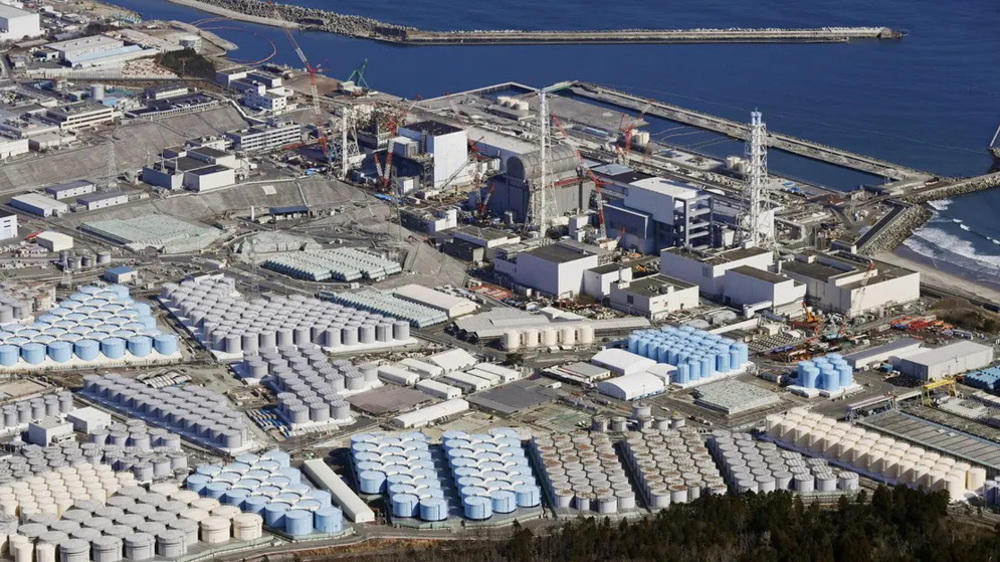






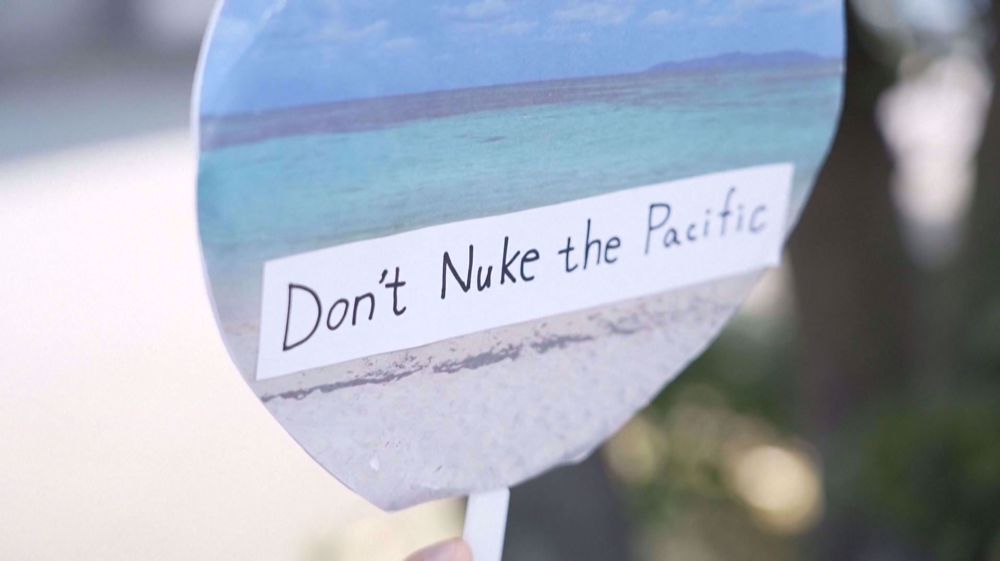
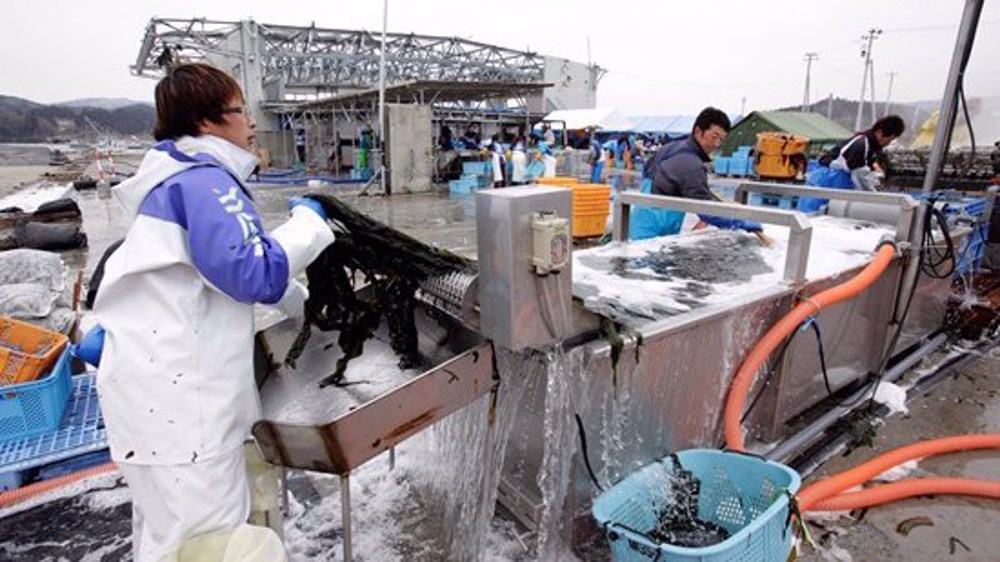
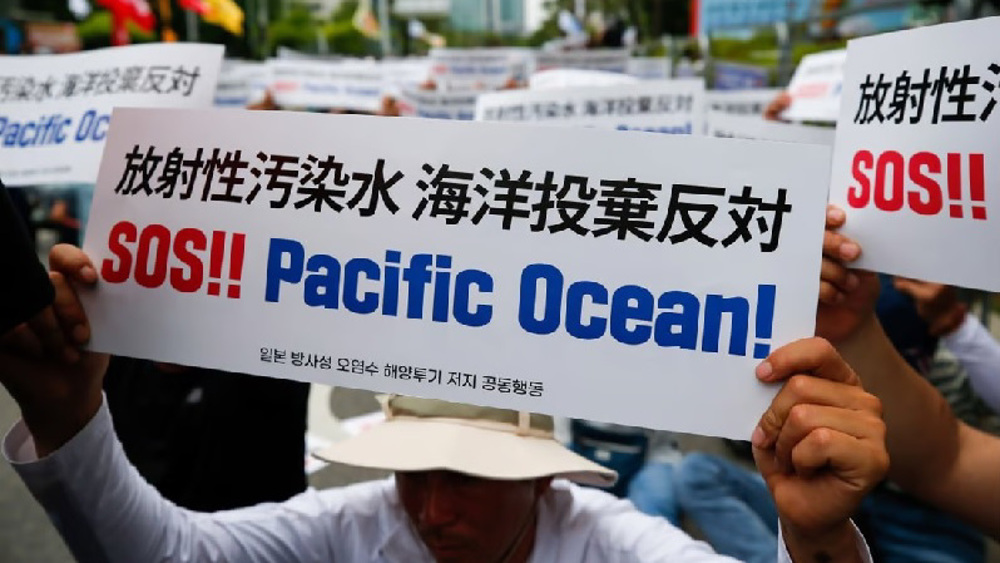
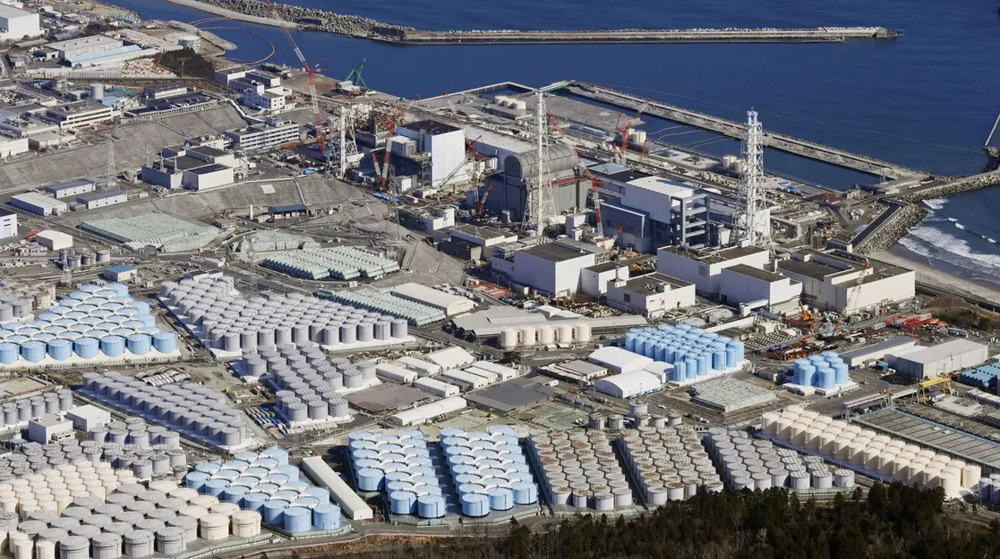
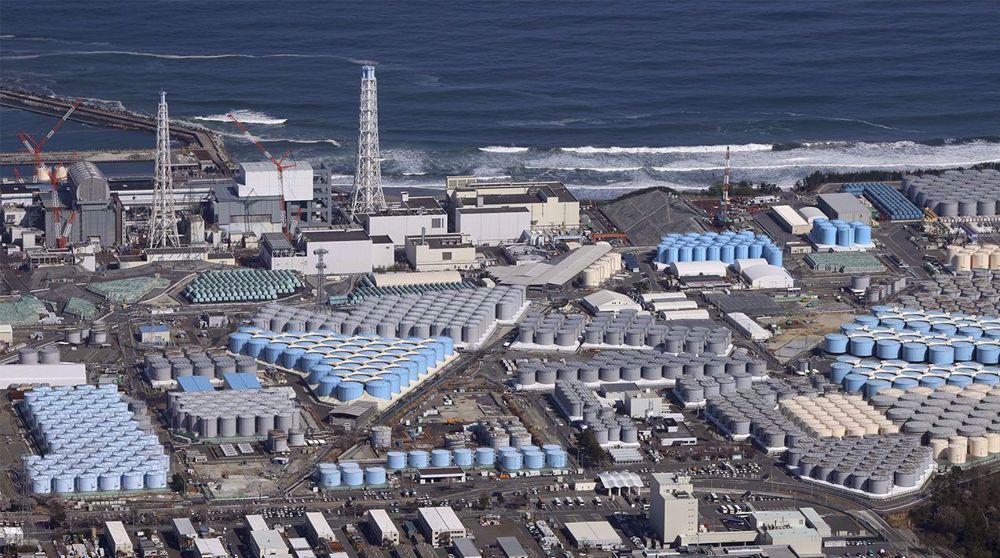

 This makes it easy to access the Press TV website
This makes it easy to access the Press TV website